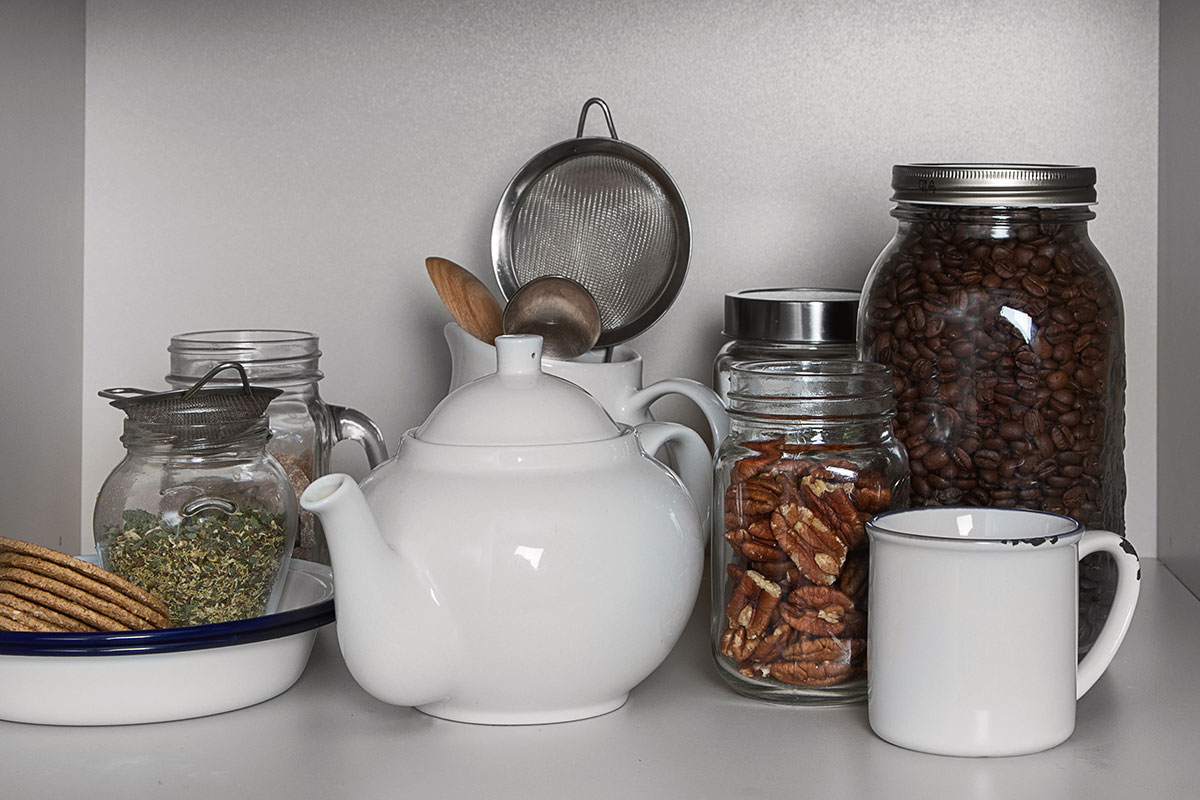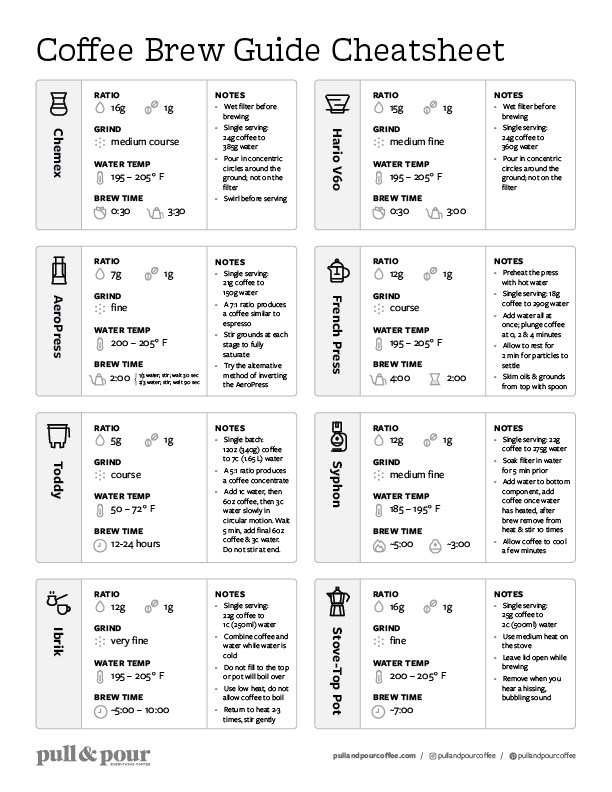Because most of us will not be roasting our own coffee on a daily basis, we need to store the coffee we purchase in a way that keeps it fresh as long as possible. Below are some of the best ways to store coffee to keep it as fresh as possible, as well as some pitfalls to avoid.
The Basics
Before worrying about keeping your coffee fresh, you need to make sure you are buying fresh coffee to begin with. Be sure to follow our buyer’s guide to find the freshest, highest-quality coffee to begin with.
Most coffee professionals suggest storing coffee in an airtight container in a dark, dry, and cool environment. Oxidation, light, humidity, and high temperatures can all expedite the staling process.
Refrigerating or Freezing Coffee
Many people have been told to store coffee in the refrigerator or freezer to keep it fresh. While this does place the coffee in lower temperatures (which hypothetically slows the staling process), both of these options are bad ideas for a variety of reasons.
The refrigerator isn’t cold enough to keep coffee much fresher than your pantry and there can be additional odors (which coffee beans will soak up), which you don’t want. Likely the biggest reason not to store coffee in the refrigerator is because condensation will form on the beans once you take them out of the refrigerator. This condensation creates moisture that we do not want because it can expedite the natural staling process.
There is more debate about storing coffee in the freezer. While freezing coffee could extend its life by a few weeks, the freezing process could create crystals that essentially shatter the cells (much like the grinding process). Freezing coffee can also cause freezer burn, which leads to flavors you absolutely do not want in your coffee. Like with the refrigerator, removing coffee from the freezer can cause condensation to form on the beans and hasten the staling process.
The book Craft Coffee references studies that suggest that “immediately freezing very fresh coffee does extend its lifespan—some say for up to eight weeks”1. It also cites research suggesting that “cold coffee beans break apart in the grinder more consistently, which improves extraction”2. While both of these references point to some benefit to freezing coffee, I think the potential risks of freezer burn and condensation on removal argue against using the freezer as a primary storage method for your coffee.
The Pantry or Cabinet
While there are special containers and jars to store coffee, I’ve found that storing coffee in its original bag in the pantry or a cabinet works best. Jars and containers still allow oxygen to access the beans, and unless they include a one-way valve, they do not include a way for the carbon dioxide (a natural byproduct of the roasting process) to escape. As long as the pantry or drawer is dark, dry, and at a normal room temperature, the coffee should stale at a relatively slow rate.
Vacuum Sealing
It’s generally not a good idea to store coffee in vacuum-sealed bags immediately after roasting because it can cause issues with the CO2 given off by the roasting process. There are some home products that offer “vacuum sealing” and claim to preserve freshness as a result. The ones with a one-way valve to allow gases to escape may work, but I haven’t noticed a big difference either way from my experience with them.
Regardless of how you store the coffee, it will go stale within a few weeks of roasting. It is best to buy coffee fresh and enjoy it quickly to be sure you get the most out of the beans.
References
- Easto, Jessica, and Andreas Willhoff. Craft Coffee: a Manual: Brewing a Better Cup at Home. Surrey Books, an Agate Imprint, 2017.
- Ibid.
Photo Credit: Photo by bitt24 on Shutterstock

